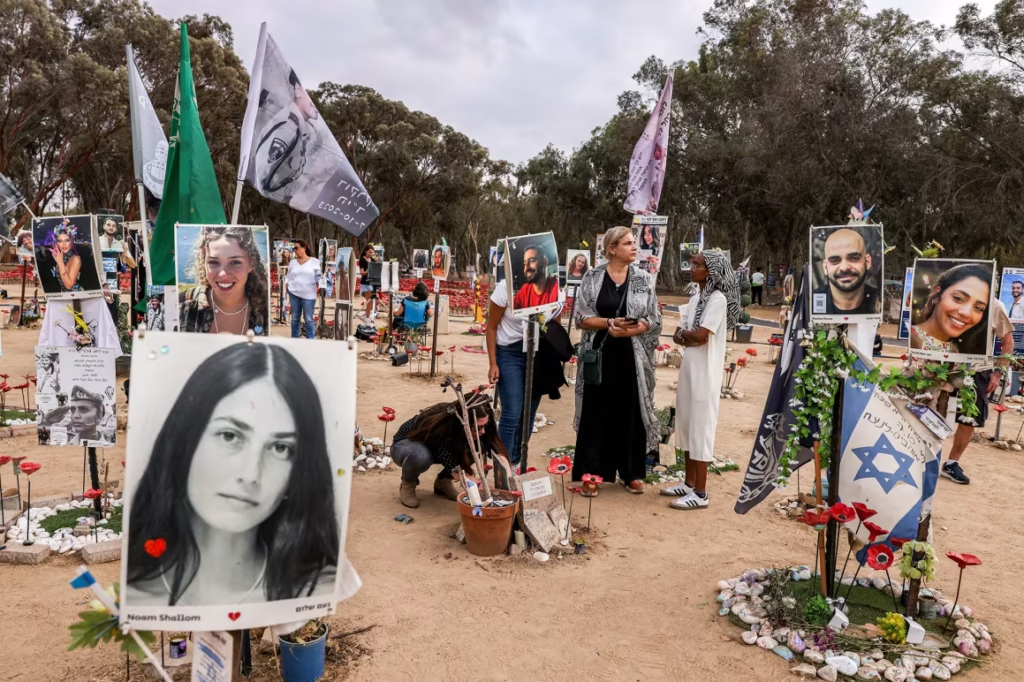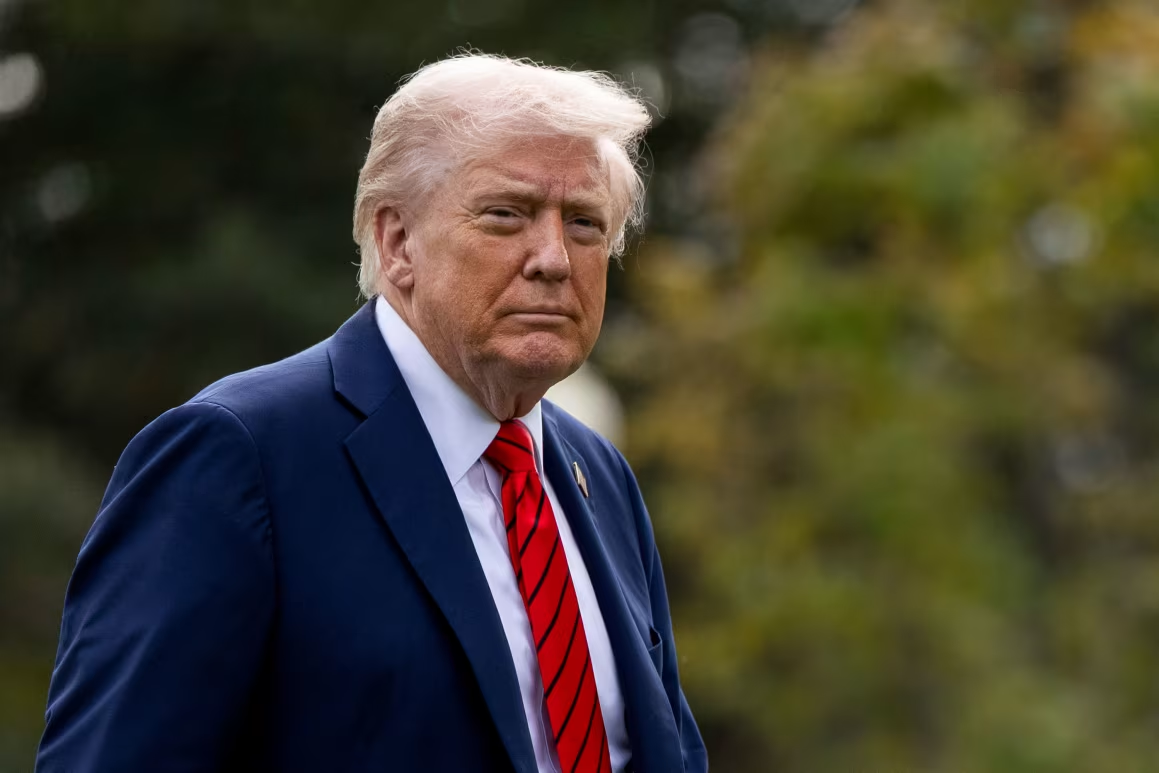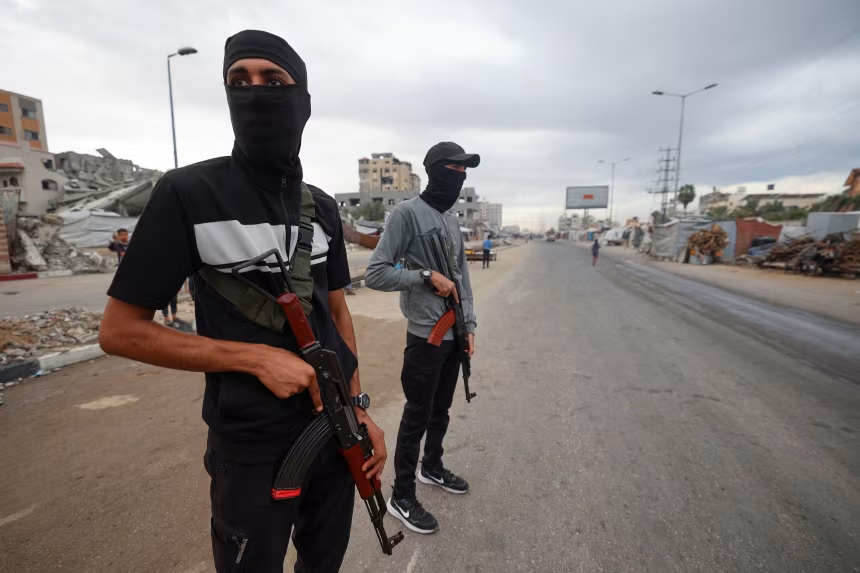A groundbreaking ceasefire agreement between Israel and Hamas has stirred both cautious hope and deep tension across the Middle East. After months of fierce conflict and international pressure, both sides have consented to a phased truce and the release of hostages, marking one of the most significant diplomatic developments since the war began.
Under the terms, Israel will halt major military operations within 24 hours while Hamas will free living Israeli hostages and return the remains of others within 72 hours. In return, Israel is expected to release a substantial number of Palestinian prisoners. Troops are slated to reposition in Gaza as part of the implementation, and humanitarian access into the enclave will expand.
Israeli forces have already initiated withdrawals from key locations like Khan Younis and the Mediterranean coastal roads into Gaza City, though sporadic gunfire continues to mar the calm. Rescue and aid teams are cautiously reentering zones previously unreachable due to heavy bombardment.
Hamas leadership announced they obtained guarantees from U.S. and regional mediators that this deal signals an end to the war. At the same time, Israel’s security cabinet approved the framework, giving it formal backing to proceed.
Yet the path ahead remains fraught. Even with agreement in hand, major issues persist:
- Finalizing the list of detainees eligible for exchange
- Ensuring safe passage and protection for aid convoys
- Resolving who will govern Gaza after war’s end
- Addressing the question of disarmament and rebuilding trust
For civilians caught in the conflict, the ceasefire offers a lifeline. Essential services long crippled by war may begin to be restored, while relief convoys stand on standby to deliver food, medicine, water, and shelter to displaced families.
Still, uncertainty lingers. Past ceasefires have faltered under the strain of mistrust and renewed hostilities. Whether this agreement holds depends on each party’s resolve to follow through—and on the international community’s vigilance in holding them accountable.




